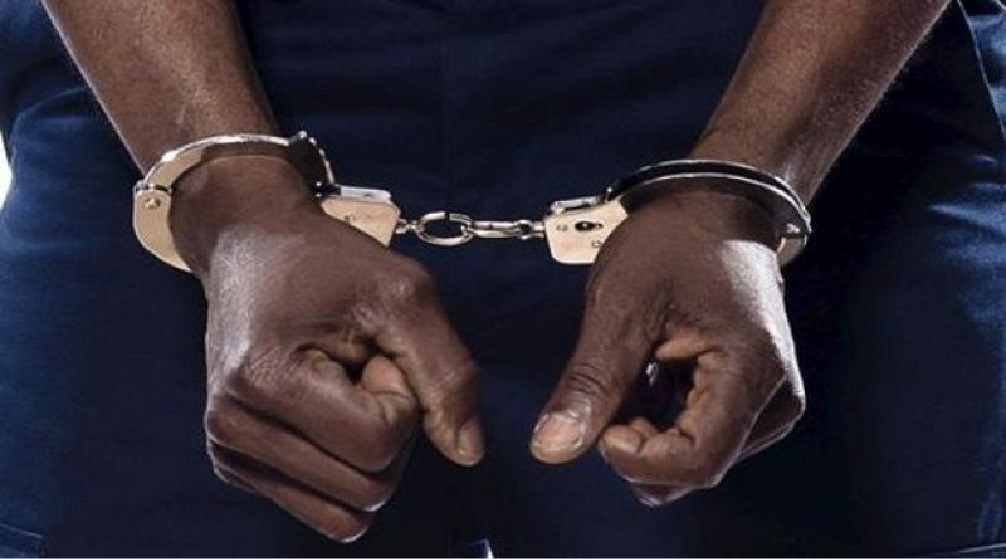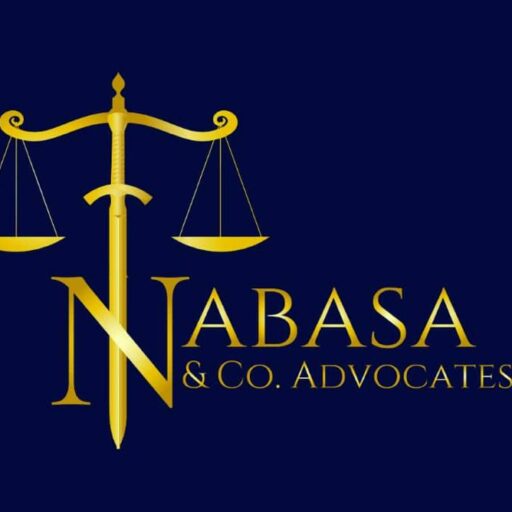
Bail is when a court releases a person accused of a crime from detention after they make a formal promise to appear in court when required. This promise may include a bond, which could involve a sum of money or sureties, as a guarantee of the accused person’s appearance until court makes a decision on whether the person guilty or innocent.
Bail is not an automatic right in Uganda. Article 23(6) of the Constitution grants individuals accused of criminal offenses the right to apply for bail, but the decision to grant bail is at the discretion of the court. In deciding whether or not to grant bail, the court is guided by the following principles enshrined in the Constitution:
- The right of an applicant to be presumed innocent as provided in article 28(3) (a) of the constitution.
- The applicant’s right to liberty as provided for in article 23 of the constitution
- The applicant’s duty to attend trial
- The discretion of court to grant bail on such terms and conditions as the court considers reasonable
- The need to balance the rights of the applicant and the interests of justice.
- Fixed place of abode: The accused must have a fixed address, demonstrating stability and a likelihood of appearing in court.
- Substantial sureties: It is prudent for the accused person to present substantial persons before court with the principal duty of ensuring that the accused does not abscond from justice
- Antecedents: A good character, with no prior criminal record or history of absconding, is often considered.
- Bail conditions: The accused must agree to abide by specific bail conditions, such as surrendering their passport, reporting regularly to police, or maintaining a curfew.
- Security: The accused must be able to afford the set bail amount, which is typically proportionate to the severity of the offense.
- Exceptional circumstances which include infancy, advanced age, grave illness and a certificate of no objection from the director of public prosecutions.
However, meeting the above requirements does not guarantee bail, as court has ultimate discretion to make a ruling based on the specific circumstances and the interests of justice.
Exceptional Circumstances for the grant of bail
Providing evidence of exceptional circumstances improves an accused person’s chances of getting bail for example; being of advanced age (60 years and above); illness incapable of being treated by medical officers of the prison or other institution or place where the accused is detained; a certificate of No Objection to the grant of bail, signed by the Director of Public Prosecutions, presented to the court indicating that the prosecution has no sufficient reason to oppose the grant of bail.
What happens when court denies bail?
An accused person can apply for bail multiple times. However, after the first application, they can only re-apply to the same court if they present new facts or circumstances not considered in the initial application, or if there has been a significant change in their situation. Without such changes, the new application would merely be a review of the previously denied one.
Mandatory bail
Mandatory bail can be granted if an accused person is detained for over 180 days before their trial for major offenses, or over 60 days for minor offenses. The Magistrate can then release them on mandatory bail. However, the Magistrate may still refuse bail if the accused has been committed to the High Court for trial or if the Magistrate believes their release poses a public threat.
Authored by Agatha Ahebwa
